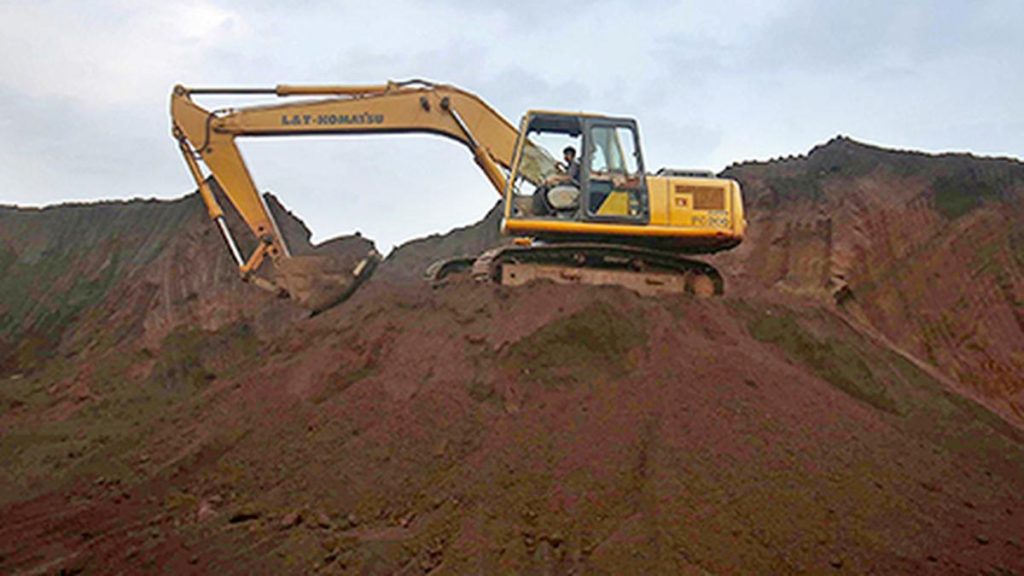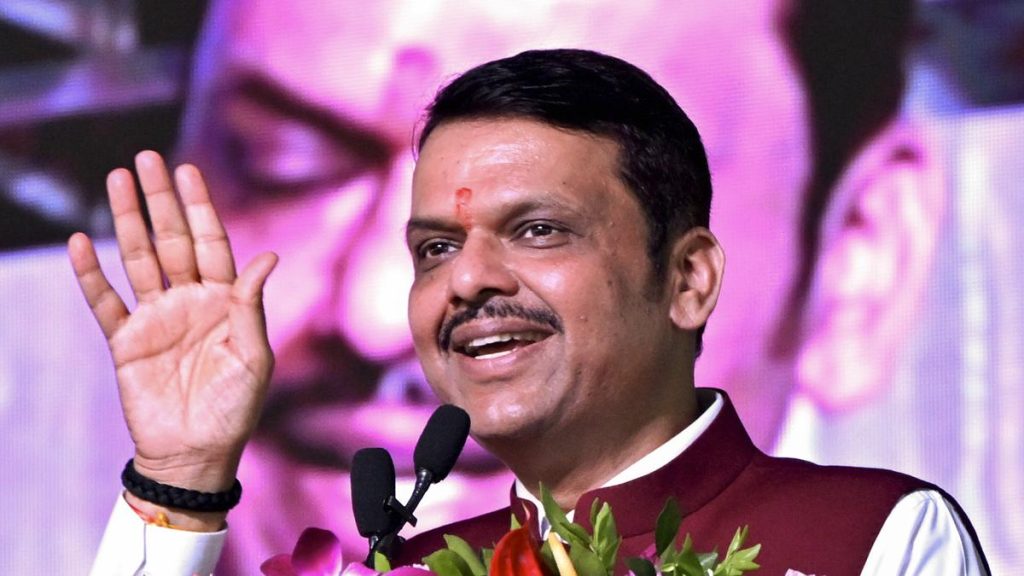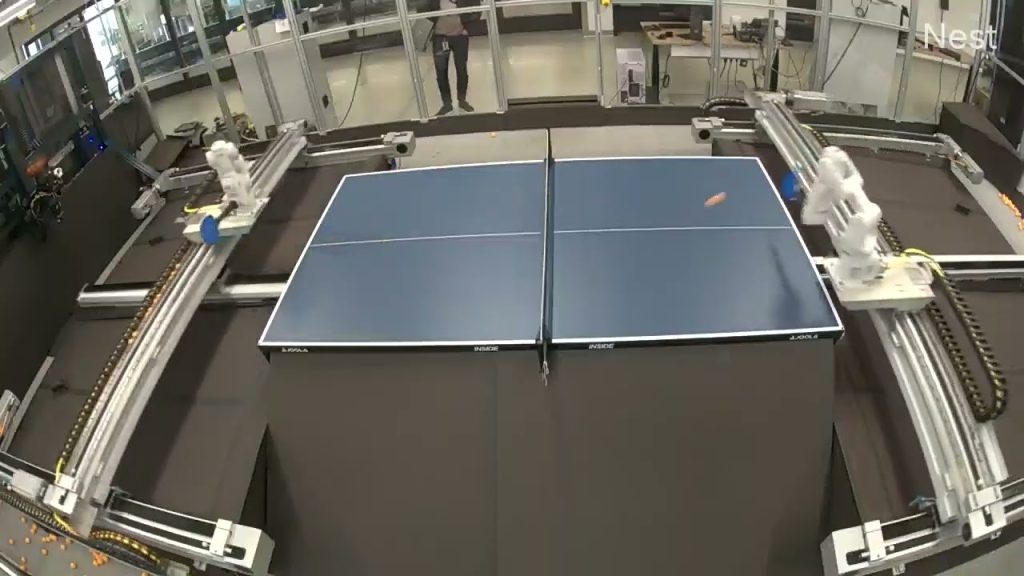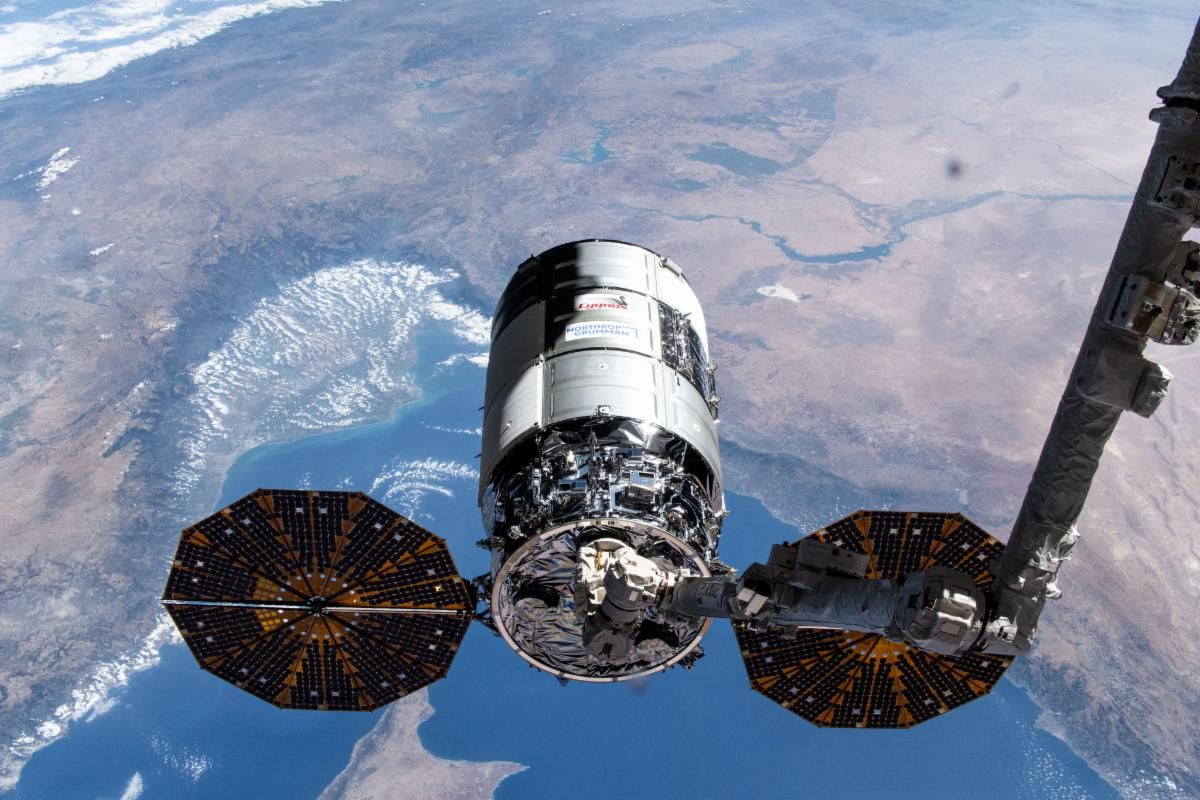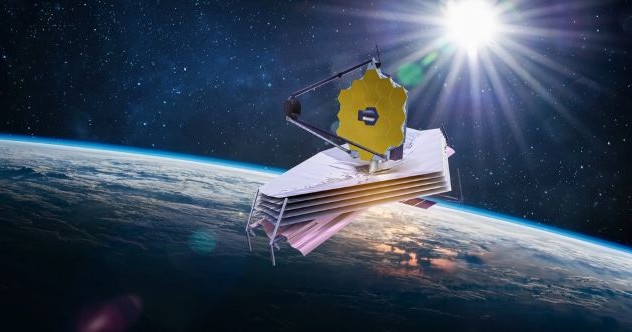Now Reading: US Space Force Certifies Vulcan Centaur Rocket for Security Missions
-
01
US Space Force Certifies Vulcan Centaur Rocket for Security Missions
US Space Force Certifies Vulcan Centaur Rocket for Security Missions

Fast Summary
- The U.S. Space Force has certified United Launch Alliance’s (ULA) Vulcan centaur rocket for national security missions, making it the second rocket authorized under the National Security Space Launch (NSSL) program alongside SpaceX.
- ULA started efforts to certify Vulcan for NSSL missions in 2016 as a planned successor to its Atlas V rocket, which launched numerous national security payloads but is set to retire later this decade.
- Vulcan debuted its frist flight in January 2024, successfully carrying the private Peregrine moon lander into orbit, though Peregrine failed to reach the moon due to post-separation anomalies. Its second launch occurred last October as a test mission; despite encountering an engine nozzle defect on one booster, major mission objectives were achieved following corrective measures by ULA.
- Certification required rigorous assessments, including fulfilling 52 criteria with over 180 tasks and two demonstration flights overseen by the Space Force. Officials confirmed readiness for future flight-worthiness determinations within national security frameworks.
!ground-level view of a large white rocket launching into a clear sky
Indian Opinion analysis
The certification of ULA’s Vulcan Centaur broadens reliable access pathways for sensitive payload launches under America’s defense framework. For India-a nation increasingly investing in high-tech space initiatives-the completion of rigorous safety protocols may offer insights into standards adopted globally in securing critical systems from launch failures or vulnerabilities during deployment phases.while India’s strategic position remains unconnected directly with this event today, such efforts resonate broadly across international collaborations where resilience-building and assured access are indispensable for high-stake programs like ISRO’s Gaganyaan or resource-sharing satellite networks between nations.



